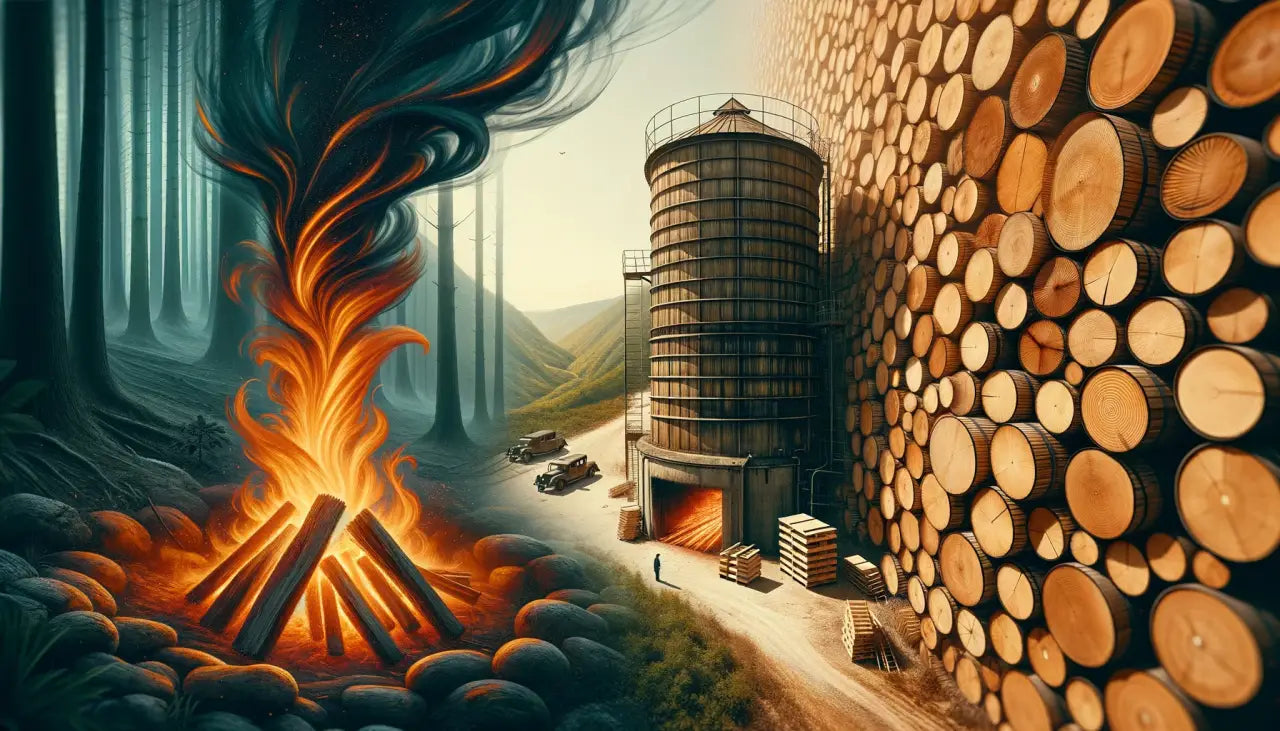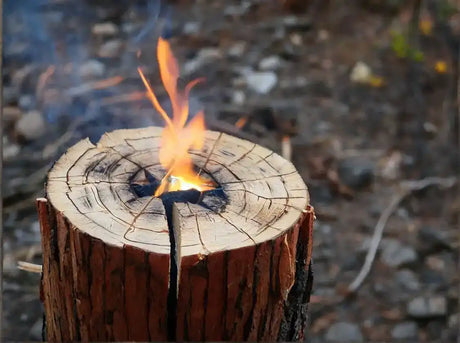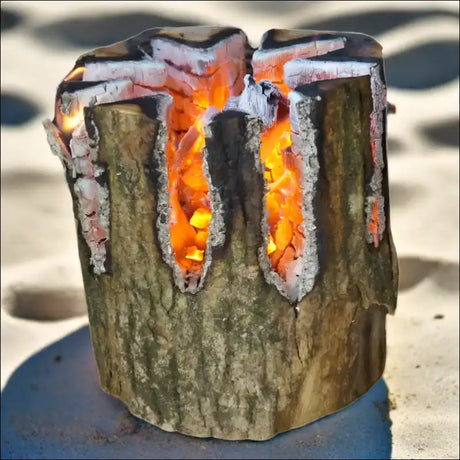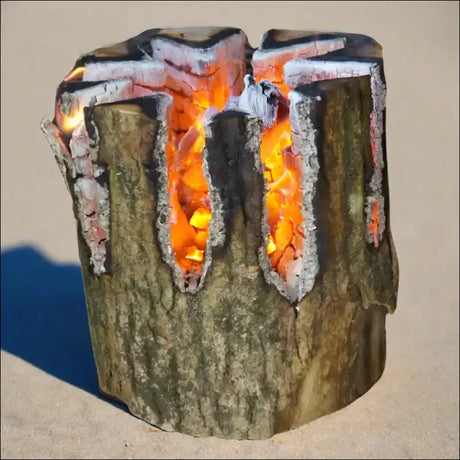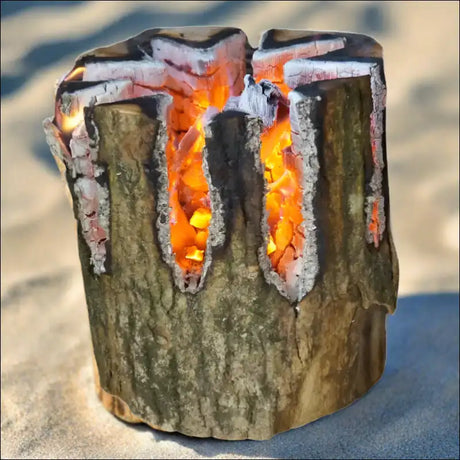"Eco-concerned", that's you, right? I can tell. You're the type who picks up litter while hiking, who separates waste for recycling, and turns off the lights when you leave the room. All noble deeds. Now, you find yourself in a bit of a quandary, wondering if burning kiln dried wood is bad for the environment.
Good news, we're here to answer that question because, like you, we also care about Mother Earth. However, before we delve into the eco-friendliness of burning kiln dried wood, let's briefly address what it is.
What is Kiln Dried Wood Anyway?
Kiln dried wood is essentially firewood that's been dried in a kiln (a type of oven, if you will), to reduce its moisture content. This process turns the wood into efficient, clean-burning fuel. A more detailed explanation can be found here.
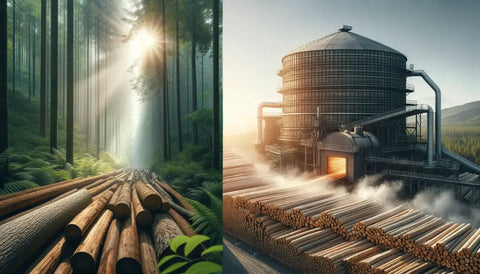
The Environmental Impact of Burning Kiln Dried Wood
So, you're wondering: "Is burning this stuff really eco-friendly?"
To answer this, we need to consider a few factors: the carbon footprint of producing kiln dried wood, the emissions it produces when burned, and the impact of sourcing the wood.
The Carbon Footprint of Producing Kiln Dried Wood
The production of kiln dried wood certainly has an environmental impact. The kiln drying process requires energy, which often comes from burning fossil fuels. However, it's important to note that many companies are working to reduce this impact by using more energy-efficient kilns and sourcing their energy from renewable sources.
When we compare kiln dried wood to other sources of energy, the picture becomes clearer. For example, the carbon footprint of coal, oil, and gas is significantly higher, both in terms of production and use.
Burning Emissions
When it comes to emissions, kiln dried wood is a star performer. Why? The drying process reduces the moisture content of the wood, which results in cleaner and more efficient burning. This means less smoke and fewer particulates released into the atmosphere, making it a more eco-friendly choice than many other types of firewood. If you're interested in this, you might like to read more on whether kiln dried wood burns with less smoke.
Sourcing the Wood: Sustainability Matters
The sustainability of the wood source is a crucial factor in assessing the environmental impact of kiln dried wood. It's essential to purchase wood from companies that follow responsible forestry practices. They should be replanting trees to replace those they harvest and managing their forests to maintain a healthy ecosystem. You can read more about the advantages of kiln-dried wood here.
The Verdict: Is Burning Kiln Dried Wood Bad for the Environment?
So, what's the verdict, you ask? Here it is: when sourced responsibly and dried efficiently, kiln dried wood is a relatively environmentally friendly choice. It burns more cleanly and efficiently than many other types of firewood, reducing the release of harmful emissions into the atmosphere.
However, like anything, it's not perfect. The production process does have a carbon footprint, and sourcing the wood can have an environmental impact.

But, before you decide to shiver through the winter in the name of saving the planet, remember this: every energy source has an environmental impact. The key is finding the ones that have the least impact and using them responsibly.
So, go ahead, enjoy your cosy fire, knowing you've made an informed, eco-friendly choice. And if you're looking for more information on the burning of kiln dried wood and its environmental impact, we've got you covered.
Remember, it's not just about keeping warm; it's about keeping the world warm for future generations. Let's all do our bit, one log at a time.

